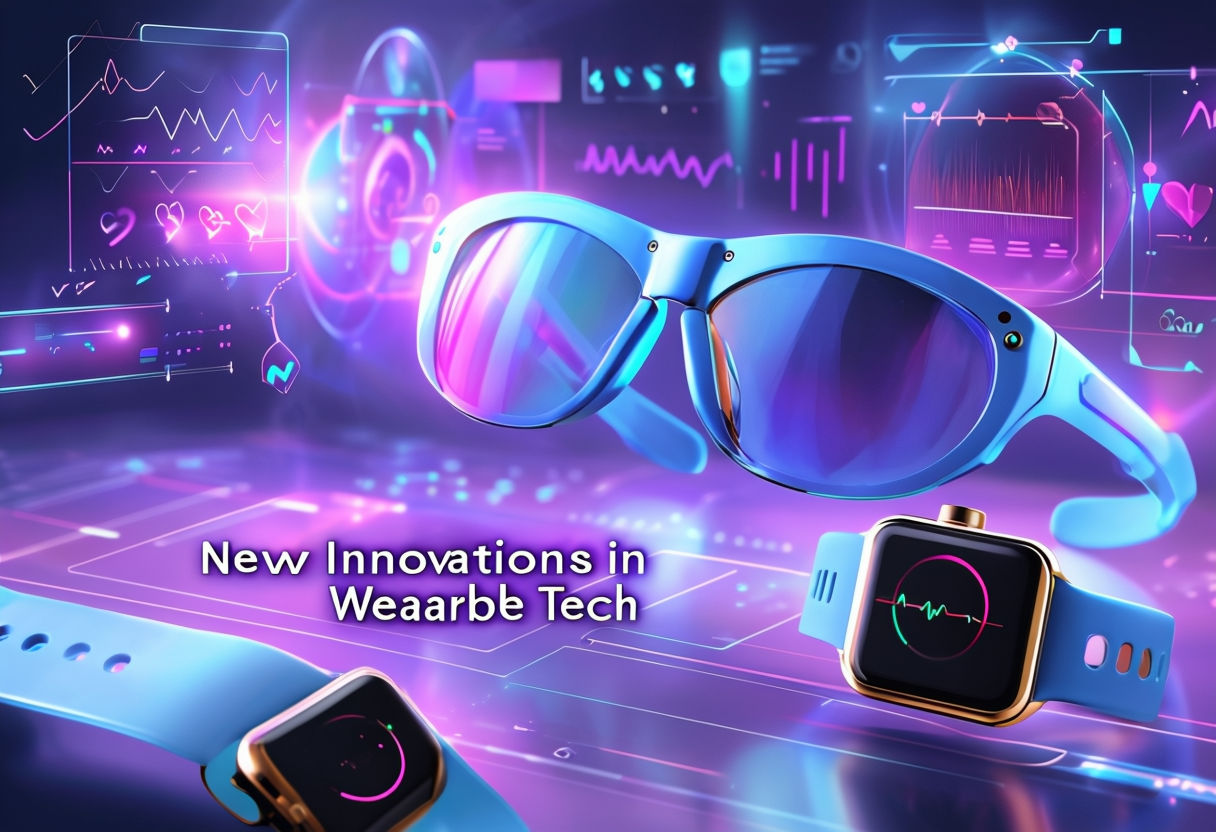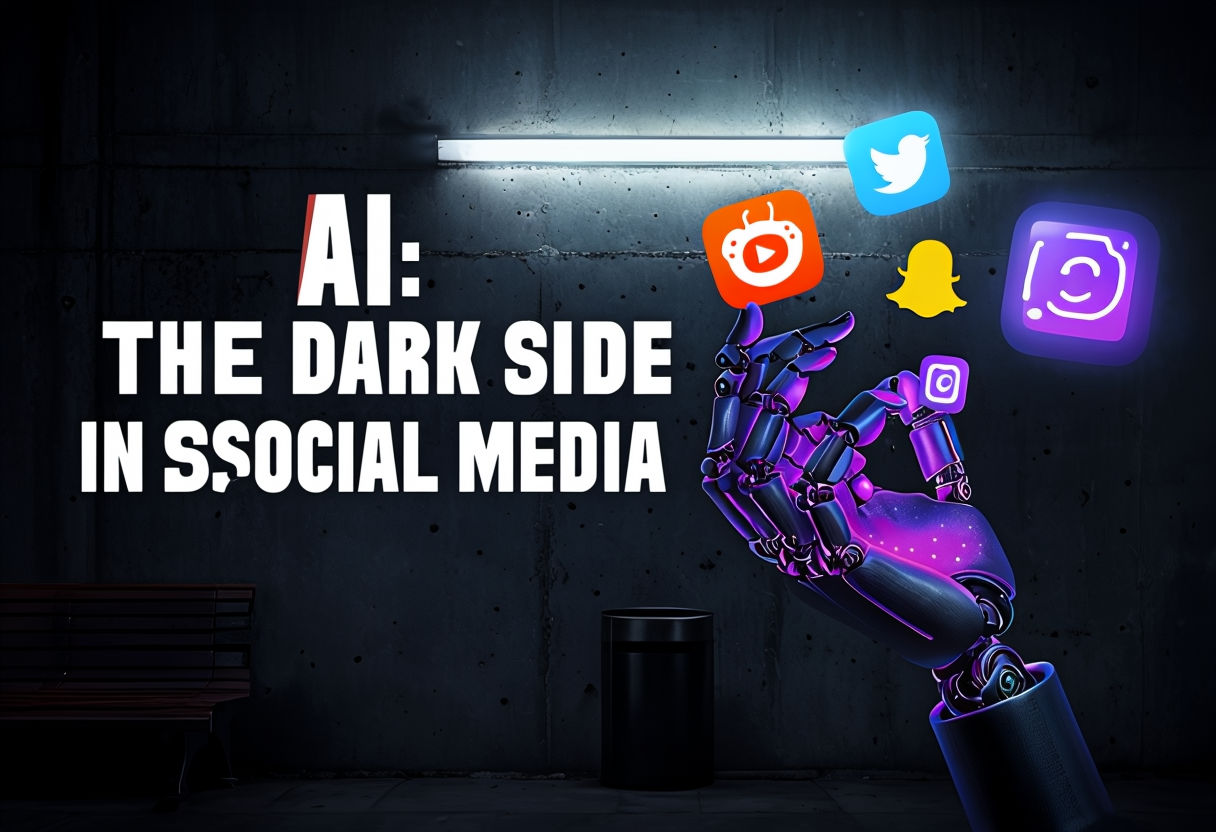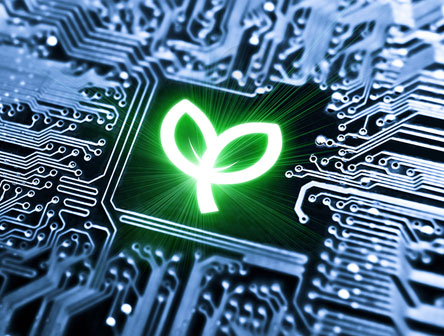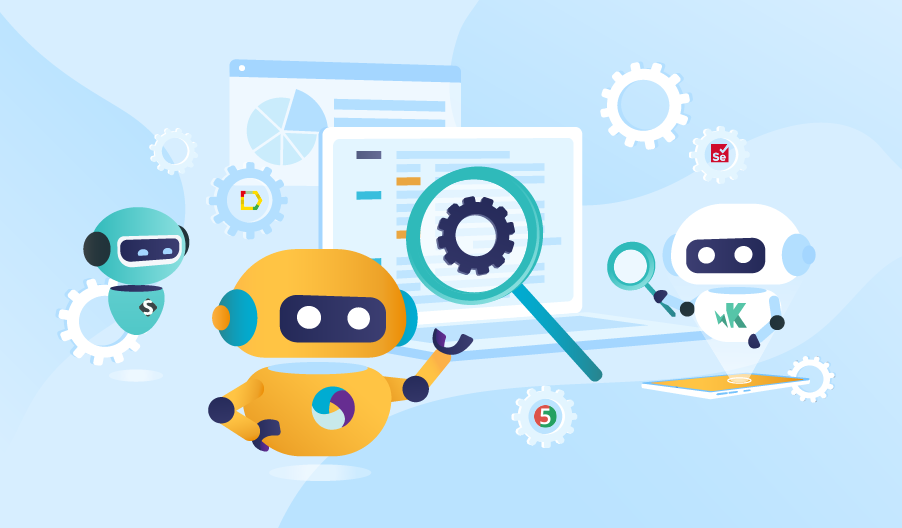From groundbreaking computational methods to next-level connectivity and greener energy, technology is rapidly changing how we interact with everything around us. In this blog, we’ll explore various technological innovations that are creating a better and more connected future.
1. Automation Through AI Systems
In the realm of modern advancements, automation has become one of the most transformative developments. Modern machines can learn and adapt without constant human oversight, creating a smoother operational experience across industries. Systems designed to analyze and learn from patterns are now taking over repetitive tasks, leaving humans to focus on more strategic roles.
Benefits of Automated Solutions

In healthcare, for example, early detection systems now assess huge data sets to predict outcomes that traditional methods often miss. The shift toward self-learning processes is also enhancing production efficiency in industries like manufacturing, reducing operational costs and error rates.
Furthermore, automation is making inroads into the customer service sector. AI-driven chatbots can handle inquiries around the clock, providing quick responses to customer needs while freeing human representatives to deal with more complex issues. This combination of AI and automation is improving user experience, leading to higher satisfaction rates.
2. The Next Frontier of Computing: Quantum Power
While traditional processors have powered us for decades, the next leap lies in new computational technologies. Quantum computing is designed to handle complex problem-solving, making tasks that were once thought impossible achievable in minutes. Innovations in this field are already showing great promise in areas like security and scientific research.
Emerging Applications

For instance, industries such as pharmaceuticals are seeing advancements in how data simulations work, speeding up discovery cycles significantly. Quantum computers can analyze vast amounts of molecular data to predict interactions and effects faster than classical computers.
Additionally, this tech could bring breakthroughs in materials science and encryption techniques for more secure communication. The ability to process information at quantum speeds can lead to the development of new materials with unique properties, revolutionizing manufacturing and design.
3. Connected Environments of the Future
Our homes, cities, and vehicles are becoming increasingly interconnected as new communication networks take shape. The era of seamless digital interaction is on the horizon, and these networks promise faster, smoother, and more responsive exchanges between devices and systems.
Expanding Capabilities

In transportation, the increased speed and reduced delay of upcoming network structures mean that more autonomous technologies can safely function on the roads. Vehicles equipped with advanced sensors and AI algorithms can communicate with each other and the infrastructure, reducing the risk of accidents and improving traffic flow.
Other areas, such as healthcare, will experience shifts toward more efficient, remote-assisted services. Telemedicine platforms are becoming increasingly sophisticated, allowing healthcare providers to monitor patients’ conditions in real time, leading to more timely interventions and better outcomes.
4. Greener Power Sources Driving Innovation
Sustainability has taken center stage as the world looks for ways to reduce its environmental footprint. Innovations in this area are revolutionizing how energy is produced and consumed, allowing for smarter, more eco-friendly solutions. New developments are leading the charge toward more sustainable living, ensuring a cleaner future.
Forward-thinking Energy Solutions

The push for cleaner alternatives is creating shifts in how cities power themselves, integrating more efficient systems that lower emissions and decrease energy waste. Solar and wind energy technologies have improved drastically, making them more accessible and affordable. Many organizations are starting to adopt these greener options to align with the goals of a sustainable future.
Battery technology is also evolving, allowing for better energy storage solutions. The ability to store excess energy generated from renewable sources means that energy can be utilized even when the sun isn’t shining or the wind isn’t blowing, ensuring a reliable supply.
5. The Impact of 5G Technology
The rollout of 5G networks is another groundbreaking innovation that promises to reshape the technological landscape. With faster data speeds and lower latency, 5G enables a more robust connectivity framework for devices, paving the way for advancements in various fields, including smart cities, autonomous vehicles, and the Internet of Things (IoT).
Future Implications
The potential applications of 5G are vast. In healthcare, remote surgeries could become a reality, allowing specialists to operate on patients from thousands of miles away with minimal lag time. In smart cities, interconnected devices can manage traffic flow, optimize energy use, and enhance public safety through real-time monitoring and analysis.
Conclusion: A Glimpse into Tomorrow
The wave of modern innovation is bringing a host of exciting advancements to the forefront. As industries and individuals embrace these changes, the future of technology promises to be one of both progress and connection. With ever-evolving solutions reshaping our world, we’re looking at a smarter, more integrated tomorrow. Each breakthrough has the potential to enhance our lives, making the exploration of new tech solutions more important than ever.





Comments
Leave a Comment